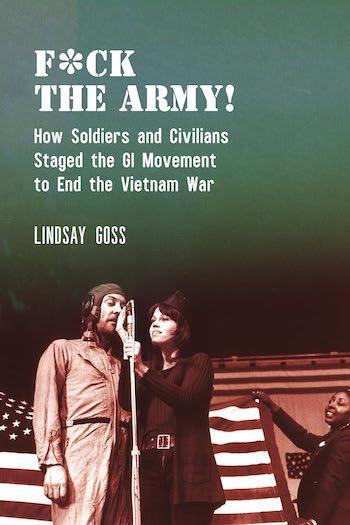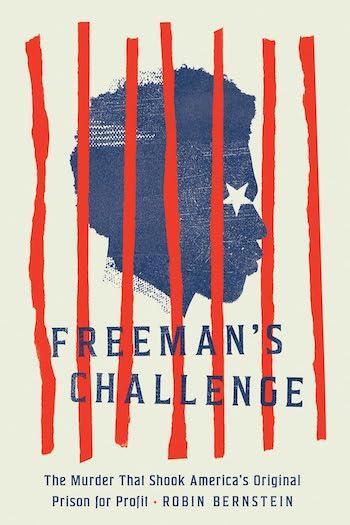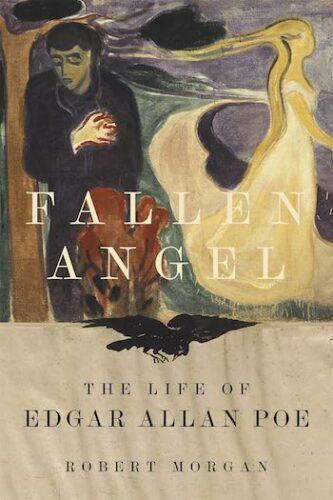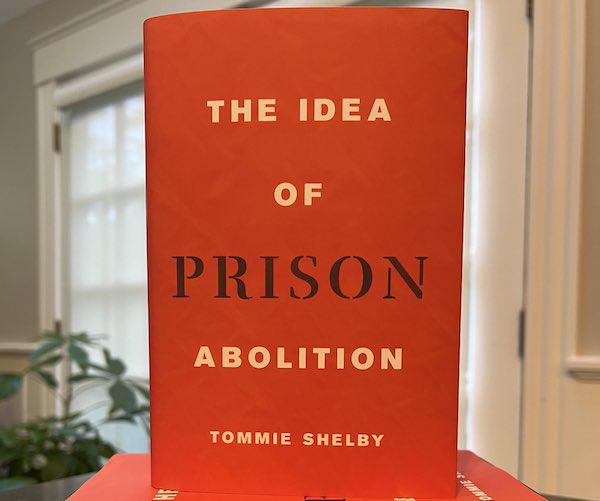
Book Review: "Big Time" -- Satirizing Small Time, Short Term Thinkers - The Arts Fuse
We should be grateful to Rus Bradburd for giving us an opportunity to laugh as the forces of marketing and ignorance steamroll — ominously and without sufficient kickback — across the academic landscape.























